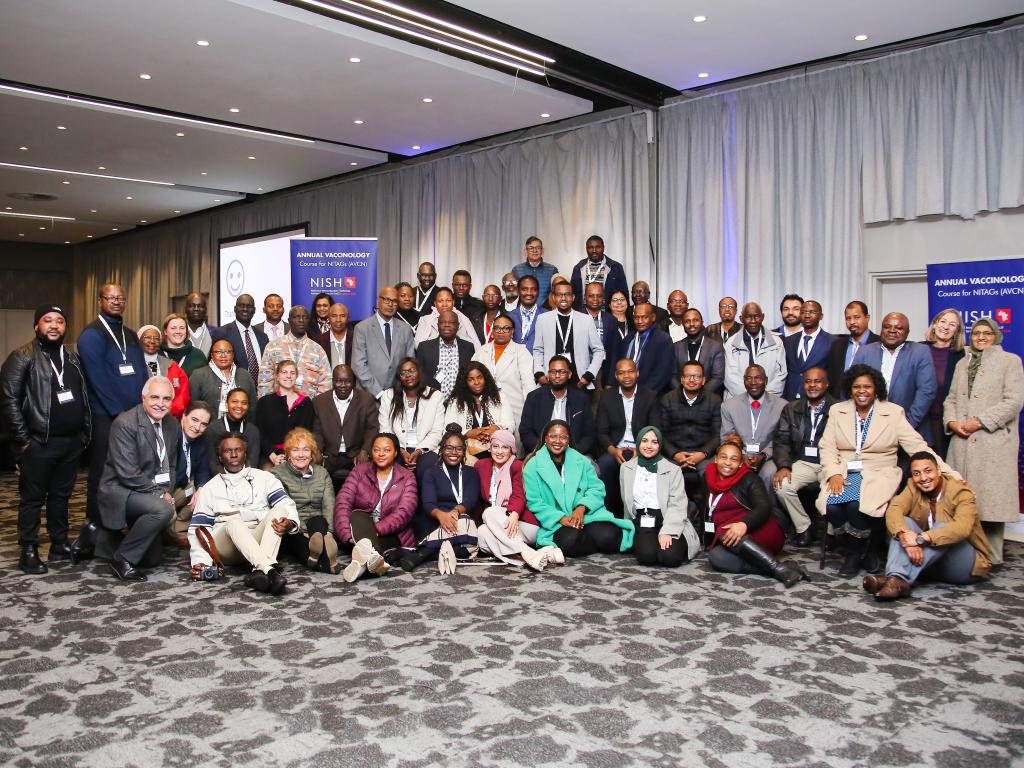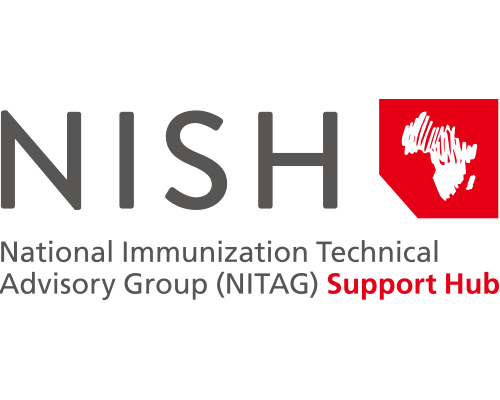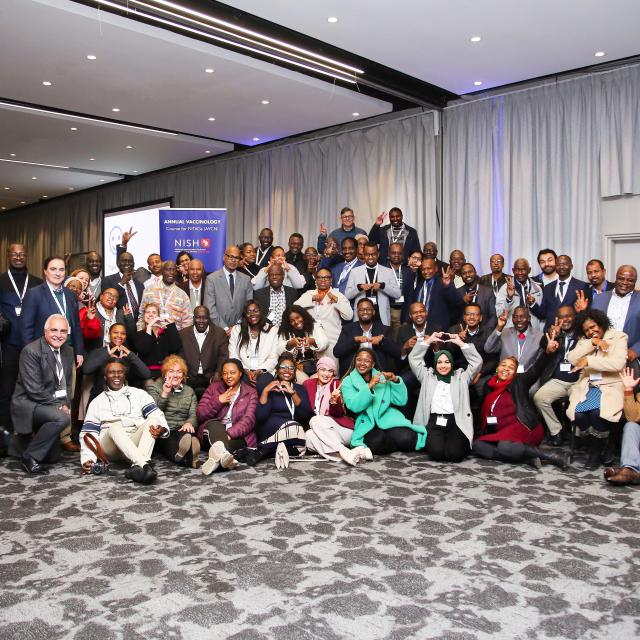NISH and WHO Celebrate Success of 3rd Annual Vaccinology Course for NITAGs hosted in July 2024

From July 8 to 12, 2024, the 3rd Annual Vaccinology Course for NITAGs (AVCN) was held in Cape Town, South Africa, marking another milestone in advancing immunisation policymaking and collaboration among National Immunization Technical Advisory Groups (NITAGs). This year, the course welcomed 40 participants from seven countries in the WHO African (AFRO) and Eastern Mediterranean (EMRO) regions, including Lesotho, South Africa, South Sudan, Chad, Togo, Guinea-Bissau and Somalia.
The selection of NITAGs was done in consultation with WHO AFRO and EMRO, with a focus on both newly established NITAGs and new members of more established groups. Notably, representatives from the Pan American Health Organization (PAHO) were also in attendance. This was a unique opportunity to, explore potential collaboration and curate best practices from the AVCN to inform similar training opportunities in the PAHO region.
The 3rd AVCN was meticulously designed to address the evolving training needs of NITAGs in vaccinology. Building on feedback from previous courses, this year’s program was rooted in the Evidence to Recommendation (EtR) framework with a keen focus on priority policy questions our NITAGs are working on. We tailored the course program to ensure that it covered presentations on modern approaches like mathematical modelling and design thinking. These new methodologies aimed to aid in policy decision-making and introduced NITAGs to creative tools for addressing challenges associated with the decision-making process. The course featured a diverse faculty from institutions such as the University of Cape Town (UCT), the University of Adelaide, the South African Medical Research Council (SAMRC), UNICEF, the Pan American Health Organization (PAHO), Interactive Research and Development (IRD) Global, and Gavi, the Vaccine Alliance. Contributions from WHO and The Global NITAG Network (GNN) further enriched the training. Once again, our dedication to ensuring an inclusive and engaging course was affirmed through the provision of simultaneous interpretation in French and Portuguese.
Key Objectives of the 3rd AVCN:
-
Create a platform for exchanging country-specific immunisation policymaking experiences.
-
Enhance understanding of regional and global challenges and opportunities in vaccinology, with an emphasis on equity.
-
Introduce NITAGs to epidemiological and immunological principles relevant to vaccine decision-making.
-
Explore the interplay between vaccinology, modelling, health economics, health systems, design thinking, and communication.
-
Promote communication and networking among NITAGs across Africa.
-
Identify avenues for collaboration and technical capacity building.
Participant Reflections:
Based on daily surveys conducted with AVCN participants, the majority (71% on average) found the course content to be highly relevant and applicable to their work, indicating they intend to apply what they learned. A significant minority (24% on average) found some parts useful but not entirely applicable. A smaller percentage (5% on average) found the content interesting but had concerns about practical application. Overall, these insights highlight a strong endorsement of the AVCN, underscoring its relevance and potential impact on the capacity and functions of NITAG members towards strengthening evidence-based vaccine decision-making in Africa.
The course also provided a valuable platform for NITAGs to share their unique experiences, fostering a collaborative environment. The departure from traditional lecture-based teaching to a more interactive format was well-received, with participants noting the high quality of the course organization and relevance of the course content.
The NISH project, funded by the Wellcome Trust, continues to make significant strides in strengthening the capabilities of NITAGs, fostering a collaborative network dedicated to advancing immunisation policies across Africa and beyond.

